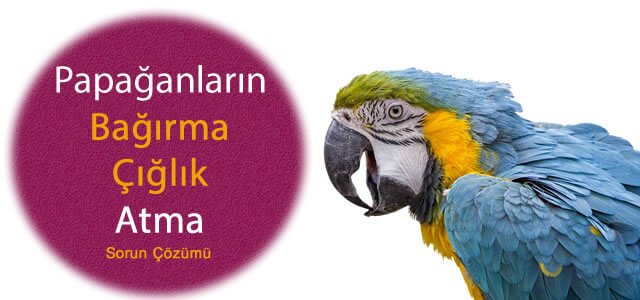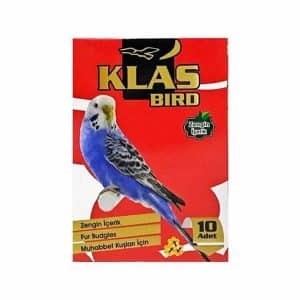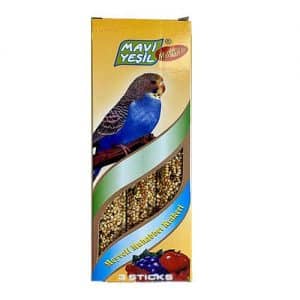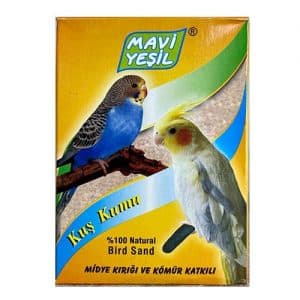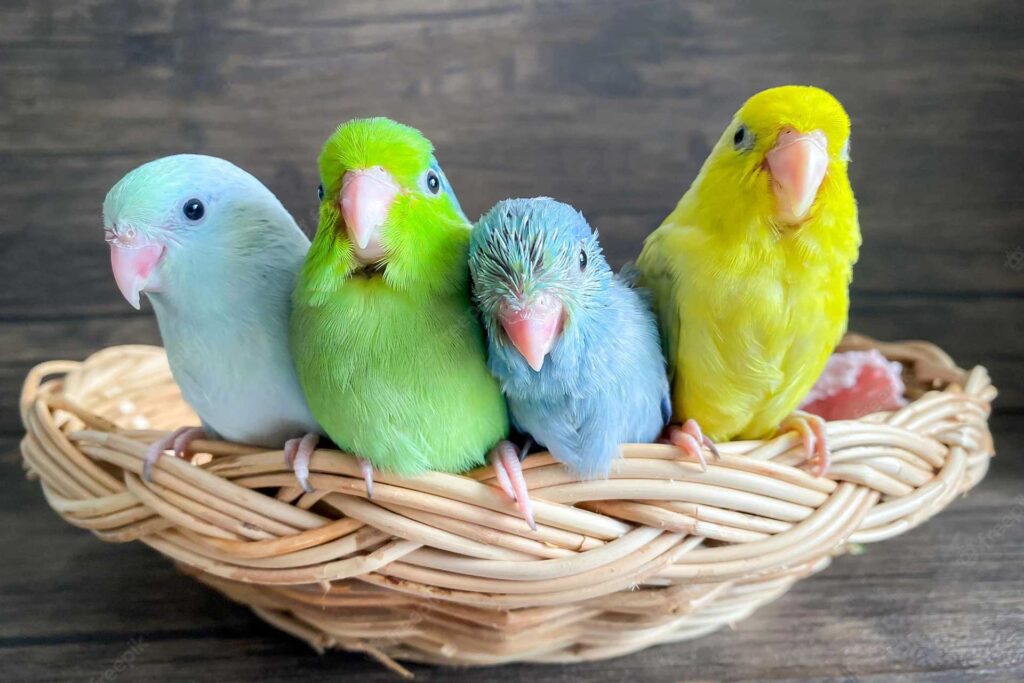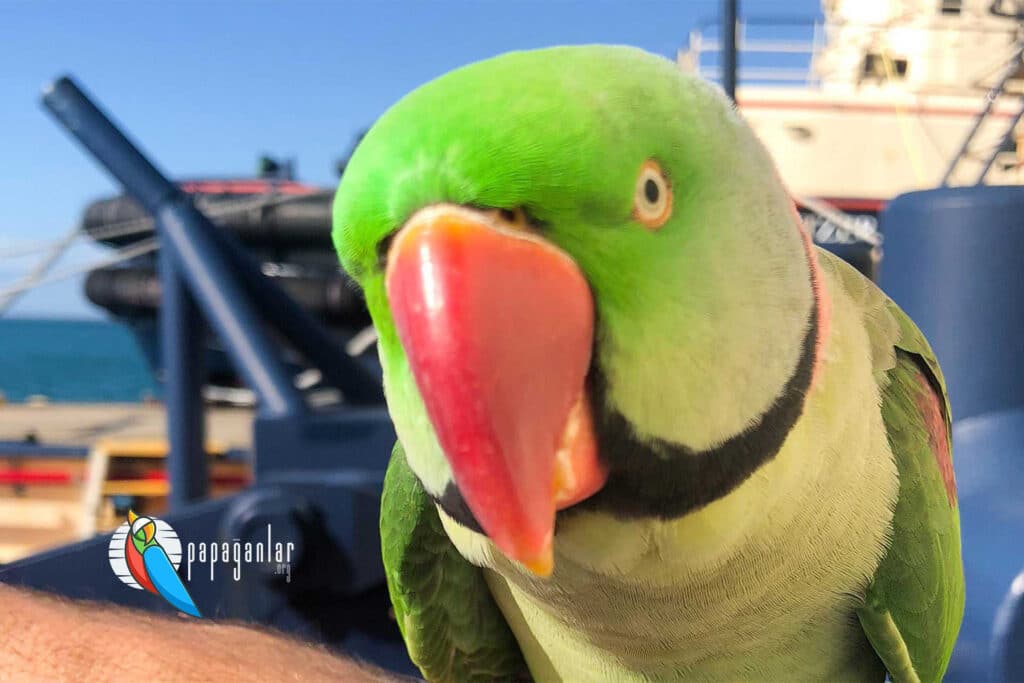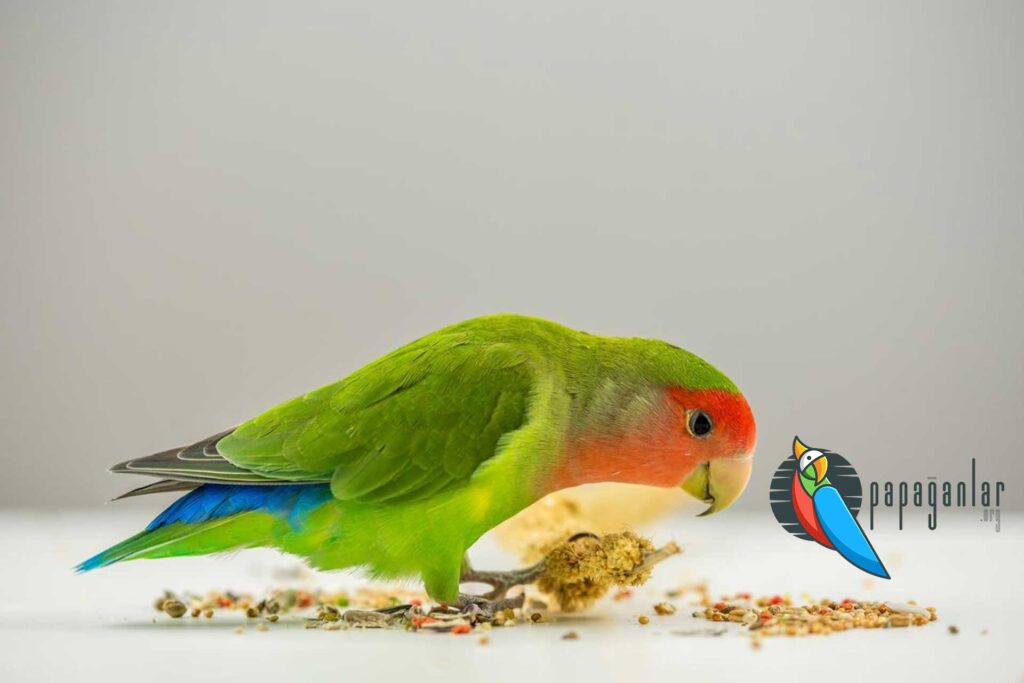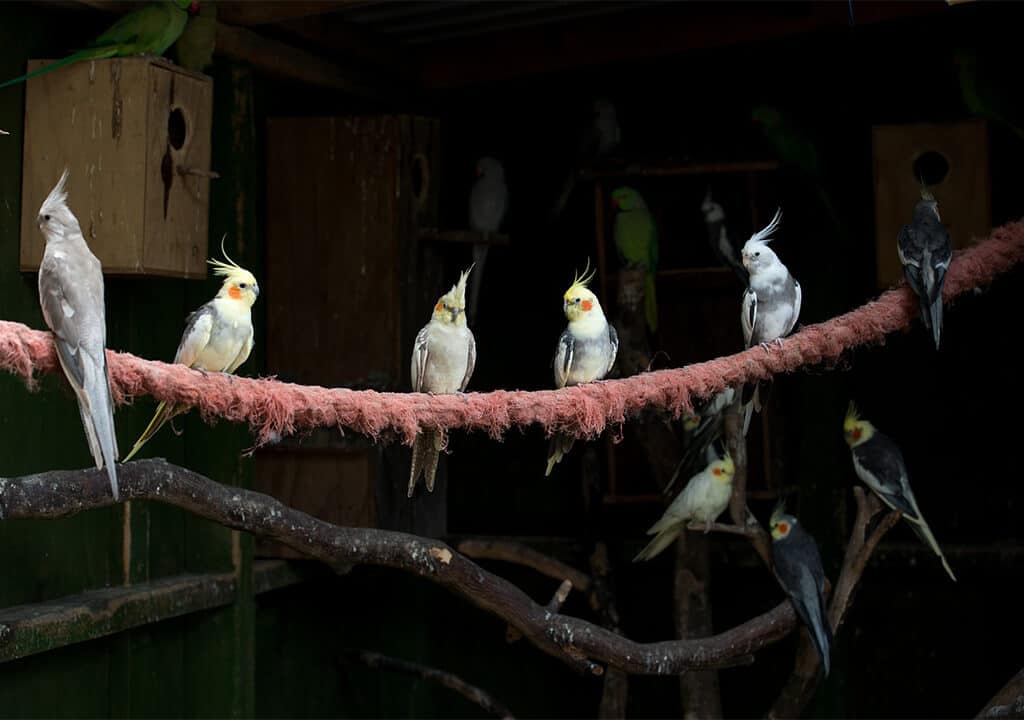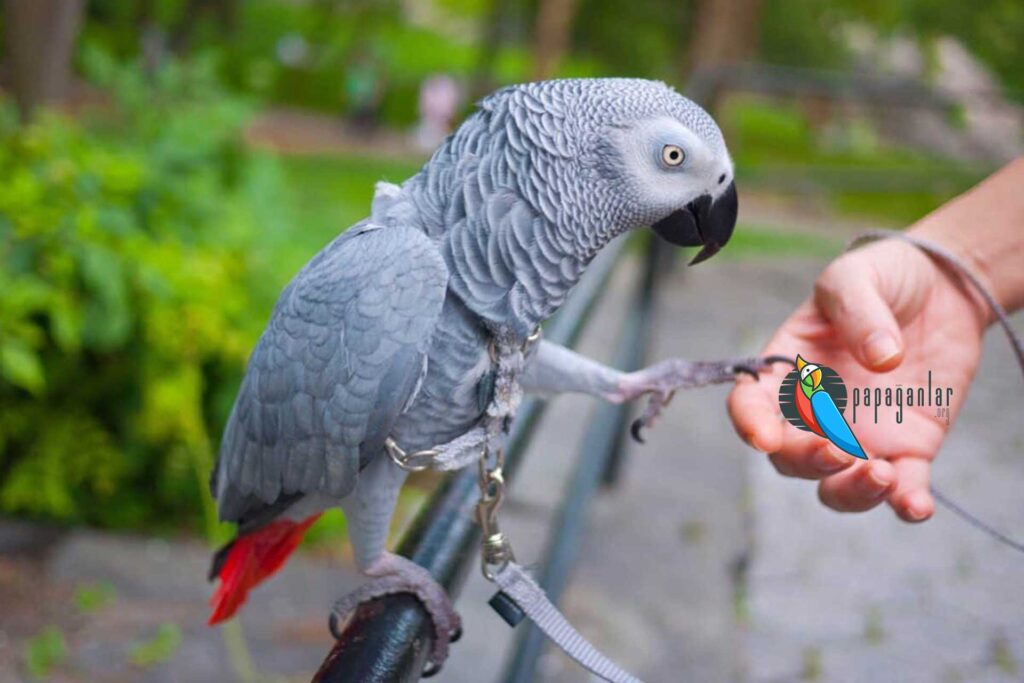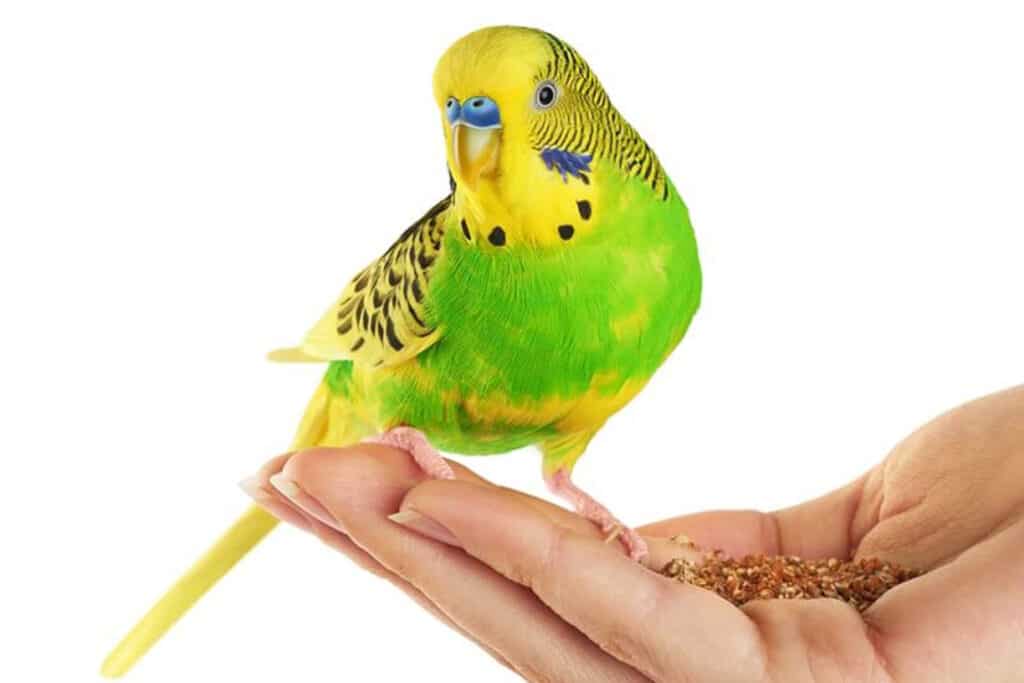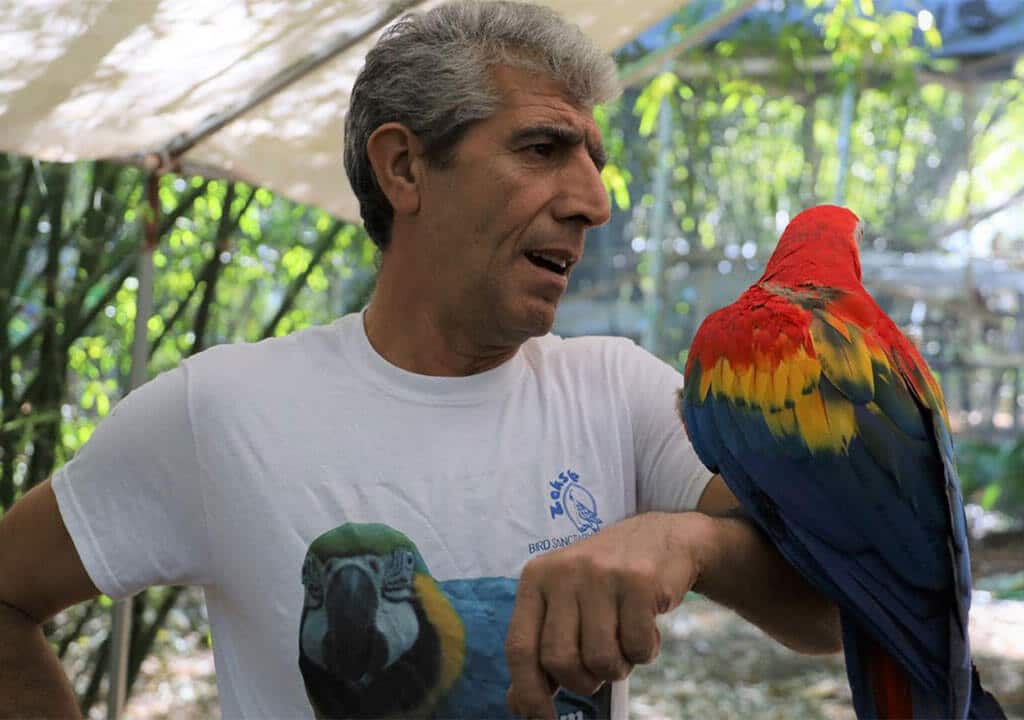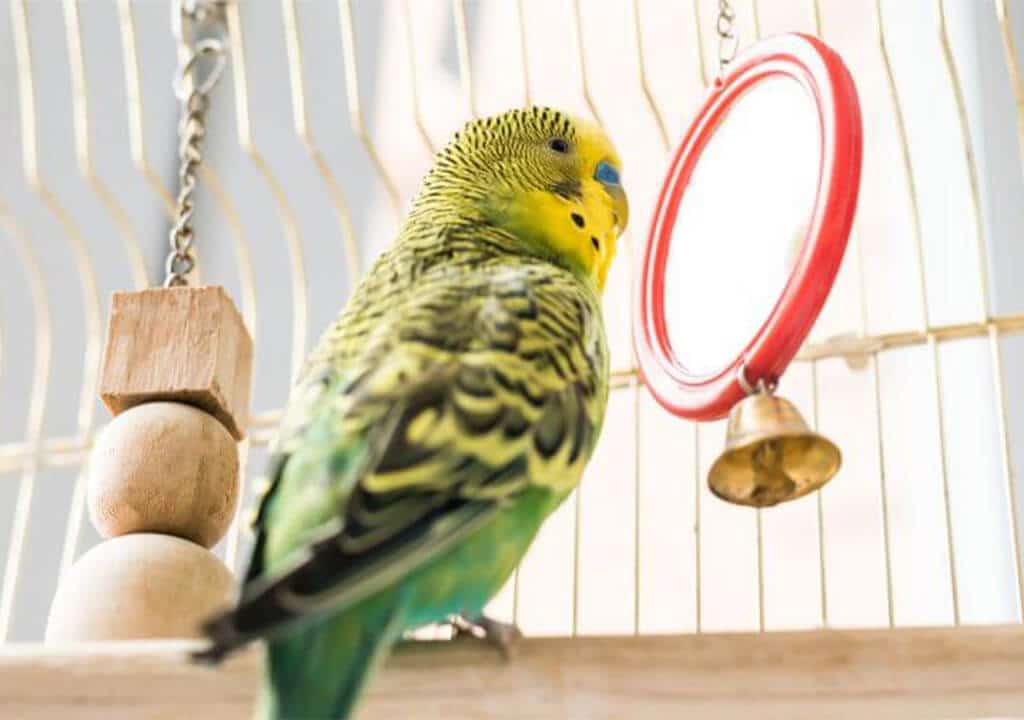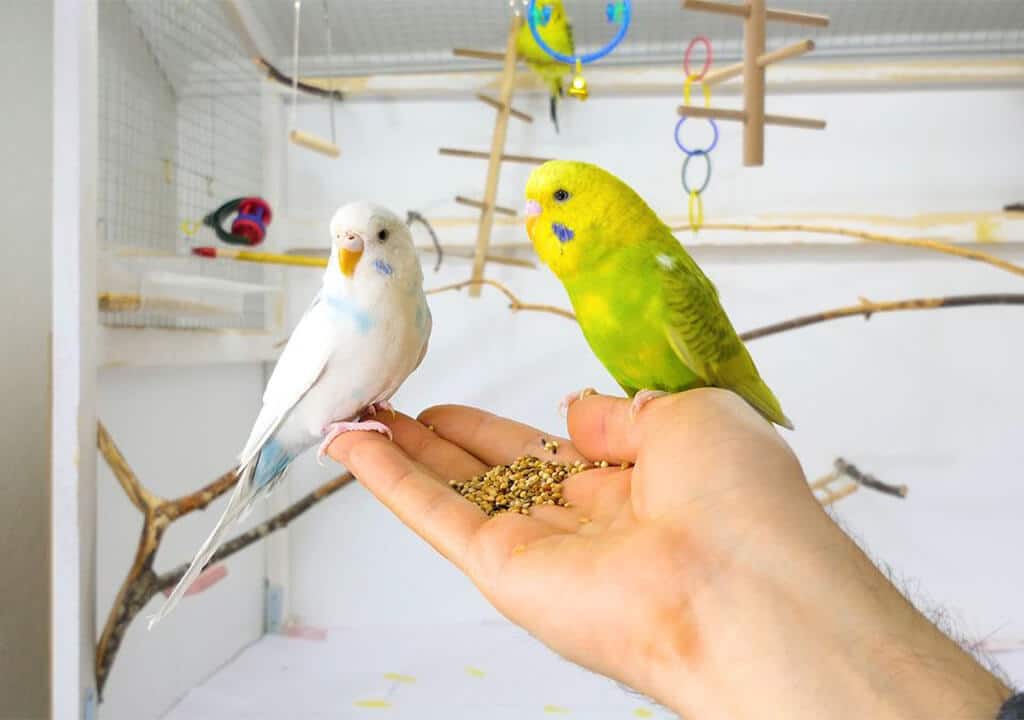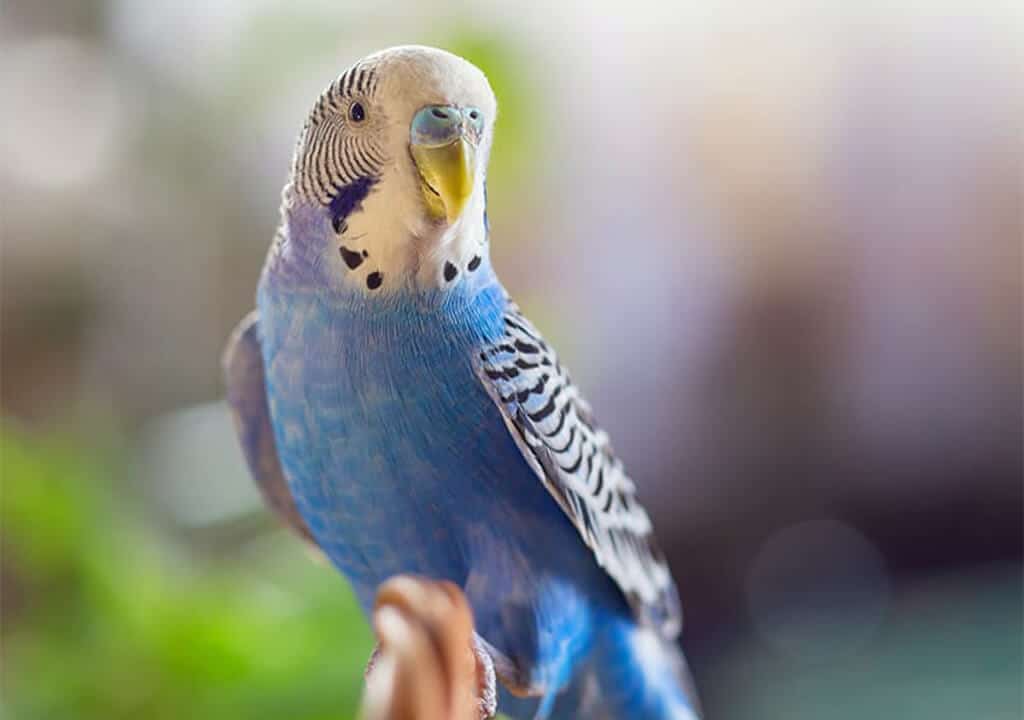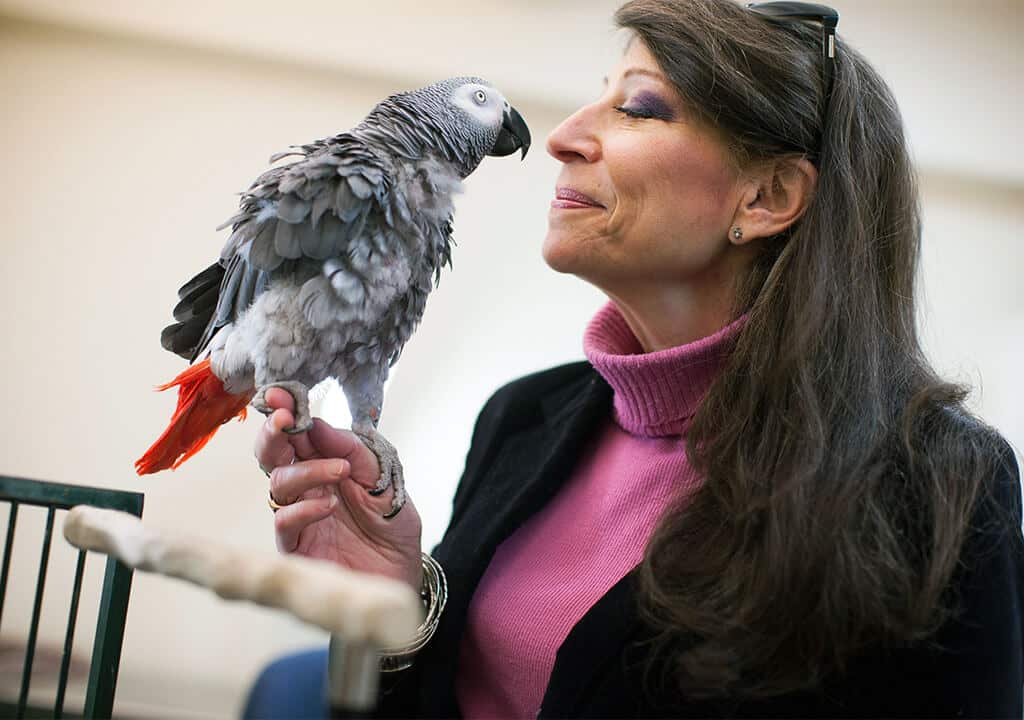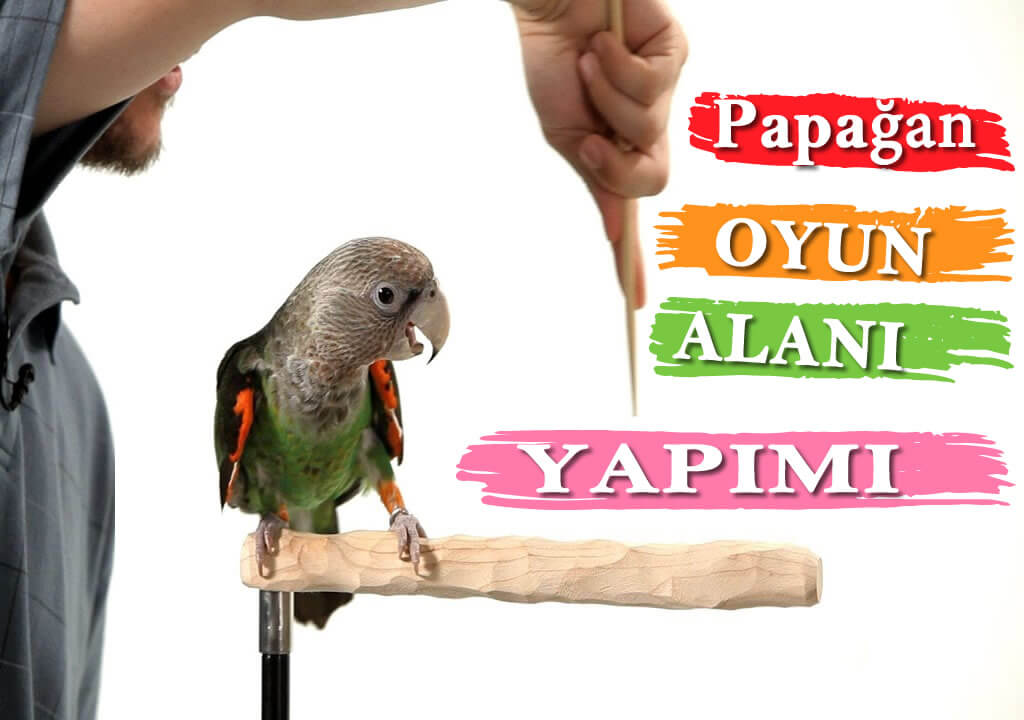Deli Nature Premium Meyveli Papağan Yemi 800 G
Original price was: ₺33,00.₺26,00Current price is: ₺26,00.Mavi Yeşil Berra Besleyici Karışık Muhabbet Kuşu Yemi 400 G
Original price was: ₺17,00.₺15,00Current price is: ₺15,00.One of the most important problems encountered in parrots is shouting and screaming. It will disturb you quite a lot with its scratchy sounds. Neighbor complaints, which are increasing day by day, can leave you helpless.
Parrots, which are normally prey animals, live in herds in their homeland. There is a certain geographical area in which these herds dominate. Social relations and communication in this area are provided by a number of sounds made by parrots and gain strength. Those who act as watchmen warn other herd members in case of danger by shouting and screaming. Thus, the hunter’s attention is distracted and everyone is informed of the danger. Shouting is also used as a show of strength and intimidation against predators. It may also be that a parrot from a flock was intended to show its place to other flock members.
Parrots are also wild animals. Although the parrot we bought is a hand-raised pup, it will instinctively use the shouting weapon to draw attention to that direction in case of danger, as its ancestors were wild a generation or two ago.
Parrots, which by their nature maintain the logic of living in a flock, will want to be in social relations with you as well. They can’t make sense of you leaving the house in the morning while you’re on your way to work. Instinctive abandonment is a danger sign for parrots. And again, acting on her instincts, she starts screaming. The purpose is to communicate the emergency to other members.
Over time, shouting and screaming can also occur while you are inside the house. This is explained by your parrot wanting to contact you. The parrot, who is indifferent, bored or afraid of something, may be reporting its position to other individuals.
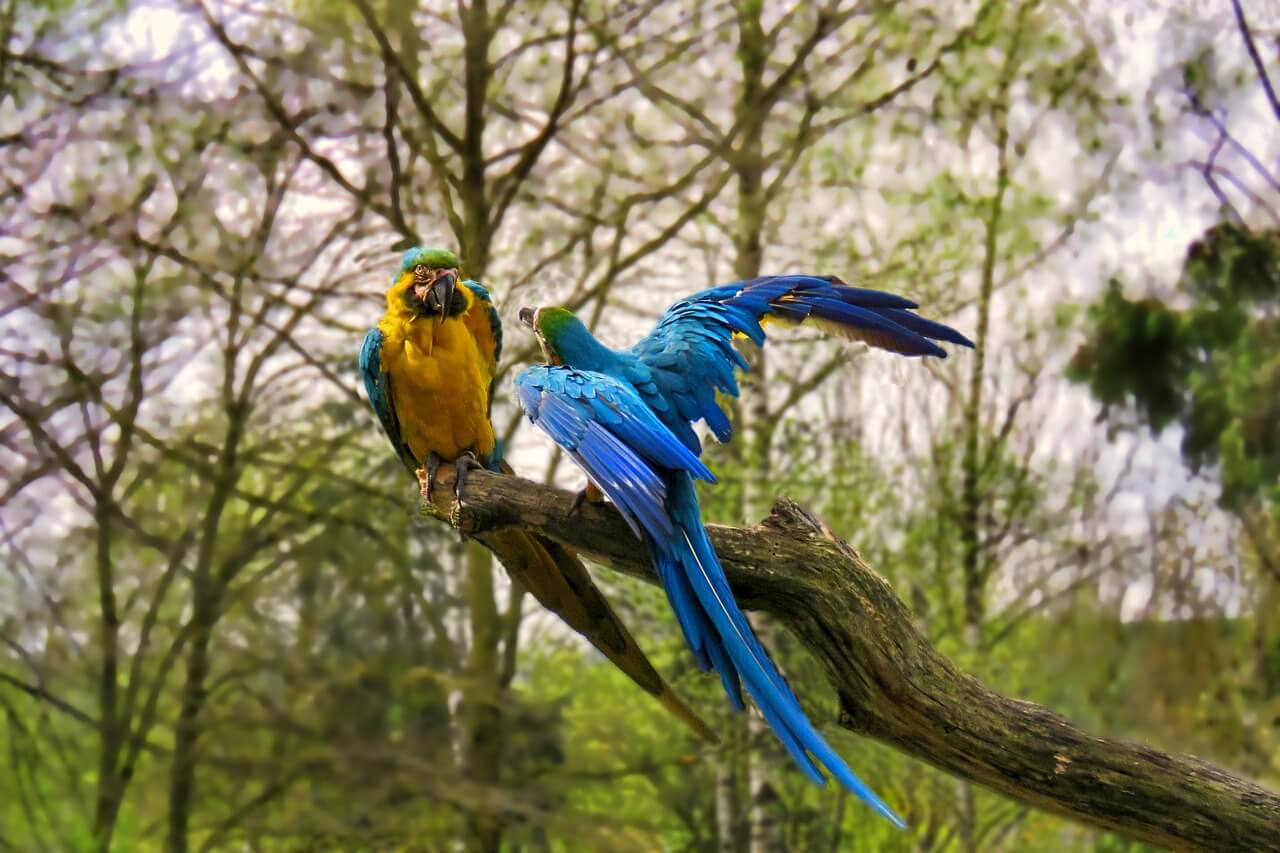
Inexperienced parrot owners usually do not know what to do in the face of this unpleasant event and try to silence the parrot by entering the room where the parrot is located. The parrot that achieves its goal will resort to the same path again when its owner leaves the room. The fact that they get their wishes in return for shouting over time will reinforce this behavior and cause it to become inextricable. Parrot owners who can’t stand anymore will come running at every shout and “Shut Up, Shut Up” etc. They will start shouting as well. You can silence a person in front of you by shouting. However, the parrot, who responds to her shout, realizes that she has made the event fun and will inadvertently get her second prize. Especially if she is given something to eat so that she can shut up, she will get her third prize, and she will start shouting when she is hungry.
Parrot Shouting Training
What can we do in response to these behaviors?
The issue of eliminating this misbehavior is very delicate. In particular, do not run excitedly near your screaming parrot. You reinforce the behavior. Do not run to her not only when she shouts, but also when an undesirable behavior is found. Parrots perceive this as a fun game. For example, when scratching your furniture, try to divert her attention. If you yell at her, she thinks it’s a game and calls you to her side by continuing the screeching sound even if she is away from your furniture and in her cage. Or, if you laugh loudly when a parrot bites a member of the family, the excited parrot will perceive the bite as a game and continue to do so.
Ignoring shouting can reduce the duration and severity of this behavior. However, he or she may feel neglected and abandoned by other members of the family. To get your attention, she may start pulling her hair, this time with another behavioral disorder.
parrot cry
When your parrot starts shouting, wait for it to shut up. She went slowly to her room and said “No” etc in a soft and determined voice. say a command. Look hard into their eyes. She will understand that you are not happy with her situation.
The distraction method used to end other negative behaviors can work here as well.
When you leave the house, go to her and say nice words. If you repeat a fixed phrase such as “Bye” or “By By”, over time it will accept it as a departure command. Your parrot, who realizes that you will leave by seeing the rush in front of the main door, may surprise you by saying this word before you after a while.
When you return home, make sure to come to you and say “Hello” etc. say nice things. In time, she will understand that your departure is not a long-term departure and she will not be bothered by it.
Another way to explain her mistake is to cover the cage at the time of shouting. Keep covered for about 10 minutes. During this time, parrots will understand that you don’t like shouting. However, in order for the covering process to achieve its purpose, it must be done immediately after the shouting and must be opened after a while. Otherwise, your parrot cannot understand the connection. If she starts shouting again, repeat the process.
Never hit your parrot. Striking or pretending to strike, which is used as a wrong method in the training of many pets, affects the psychology of parrots very negatively. The negative reinforcement power system does not work in parrots. If you inflict violence on these highly intelligent creatures, the bond of trust that has or will be formed between you will be damaged.
Even if your parrot has stopped yelling, you should never stop calling it when you leave the house and when you come home, due to your leading role in the family. If she feels unimportant and insecure again, the yelling problem will instinctively start again. Day by day, it will be more difficult to get rid of this negative behavior that has settled down.




